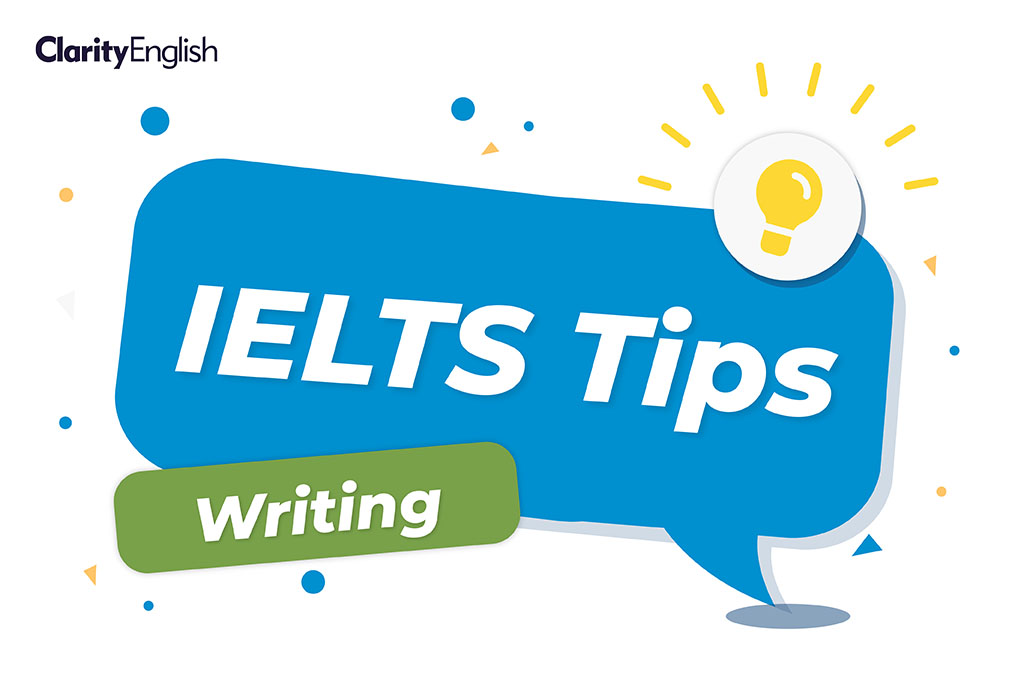This is the final post in a series focusing on insights into IELTS preparation from experts around the world. For the background to the project for which these tips were collected, check out the first post on IELTS Reading. Then we covered Listening and Speaking. Finally, we look at Writing. As with the previous posts, please feel free to use the information in any way you like, and you can also share the fact sheet at the bottom with your students. If you have tips, insights or advice that you would like to share, do please use the comments box below.
1. Key info for the intro
In Writing Task 1 (Academic), it is very important to start by providing an overview of the data. If you don’t do this, you will lose points. Here are a couple of examples:
– This graph shows the most popular Asian countries for tourists and the months in which they visit these countries.
– The table shows bicycle use in Britain by age and gender over a 25-year period.
How can you practise this? Find five different charts or tables online and give each of them an overview statement. The UK Office for National Statistics website is a good place to start.
2. The easiest way to lose marks
PH, British Council Manager, Ethiopia
Did you know that 23% of answers in the Writing test are under the required word count? That means at least one person in four cannot get full marks — even if their writing is perfect!
If you do not write the required number of words you will lose points, so it’s essential to write 150 words in Task 1 and 250 words in Writing Task 2. But do you know how long 150 and 250 words really is? Find a piece of writing you have done (in any language) and use the Word Count tool to select 150, then 250 words. This will give you a clear idea of how much you have to write on test day.
3. Learn model sentences
DB, IELTS Teacher, Spain
You can improve your writing by learning model sentences as a ‘template’. In the test, you use the same structures, but change the details. Look at these three examples:
– On the one hand, it is good to lend money to friends because you are helping them. On the other hand, this may create disputes if they are unable to pay you back.
– If higher education were compulsory for all, the job market would become even more competitive.
– While mobile technology has improved long distance communication, there is evidence that it is damaging face-to-face social skills.
Practise by using these models to write sentences on different topics. Here is an example for the first one:
– On the one hand, eating only plant-based foods is said to be good for the environment. On the other hand, a vegan diet lacks essential nutrients including calcium, iron and some vitamins.
4. Handwriting and punctuation
CM, IELTS author, South Africa
Be aware of your strengths and weaknesses, which are often related to your first language. If your language is not written in the Roman (English) alphabet — for example, Chinese, Arabic, Thai or Amharic — you need to be especially aware of spelling, handwriting and punctuation. If you miss one capital letter, the examiner may forgive you; more than that and you will start to lose points.
As everyone knows, English spelling is a nightmare. (Just look at the spelling of the word nightmare!) Read an expert’s advice on how to improve your spelling.
Finally:
Watch this really useful British Council video on IELTS Writing.
Why not download this handy fact sheet on IELTS Writing?

